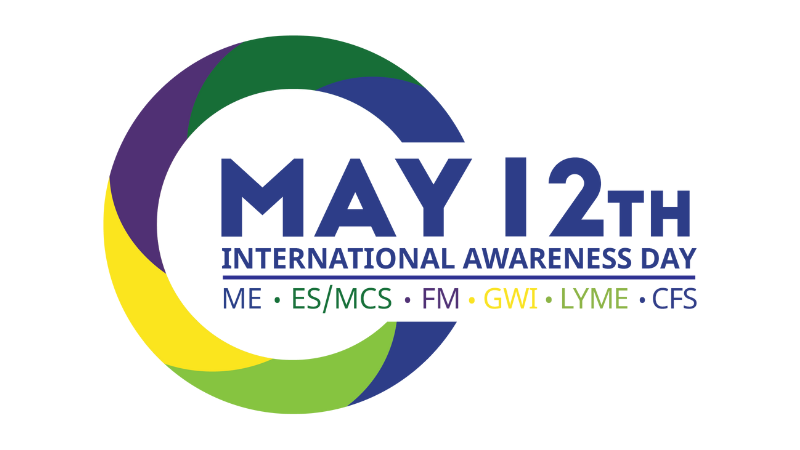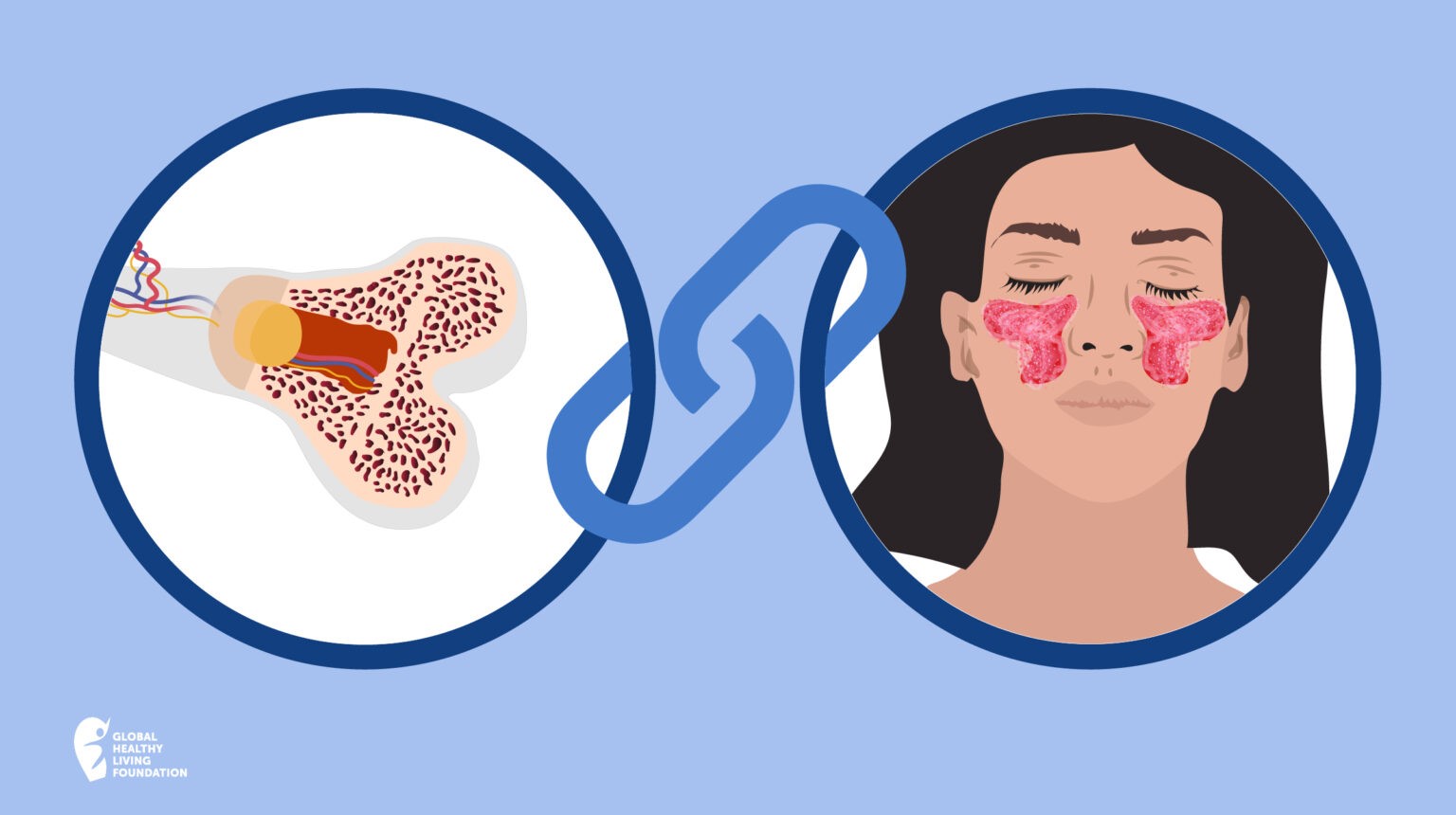Myositis Symptoms
The main myositis symptom is muscle weakness, though sometimes the weakness is only noticeable with medical testing. Muscle pain may or may not be present. Polymyositis and other inflammatory myositis conditions tend to cause painless muscle weakness that worsens slowly over weeks or months. The weakness affects large muscle groups on both sides of the body and may lead to falls or make it difficult to get up from a seated or prone position. Other myositis symptoms that may accompany inflammatory conditions include: rash, fatigue, thickening of the skin of the hands, and difficulty swallowing or breathing.
If the myositis is caused by a virus, symptoms typically include runny nose, fever, sore throat and coughing. When caused by trichinosis, symptoms in the early stages include diarrhea and vomiting. Later, as the parasites invade the muscles, fever, eye redness with swelling in the lids and muscle pain may result. Pyomyositis usually causes a fever with swelling, pain and tenderness in the abscessed muscle. Symptoms of drug-induced myositis include muscle soreness, pain and weakness that typically begin soon after a person begins a new drug regimen or combination of drugs.
Myositis and Pain
Some patients also experience muscle pain but many don’t. Muscle pain is more typical in drug-induced myositis and myositis caused by viruses, bacteria or parasites. Pain may also be felt in the joints when the disease is active, but the joints are not usually warm or swollen as they are with arthritis.





